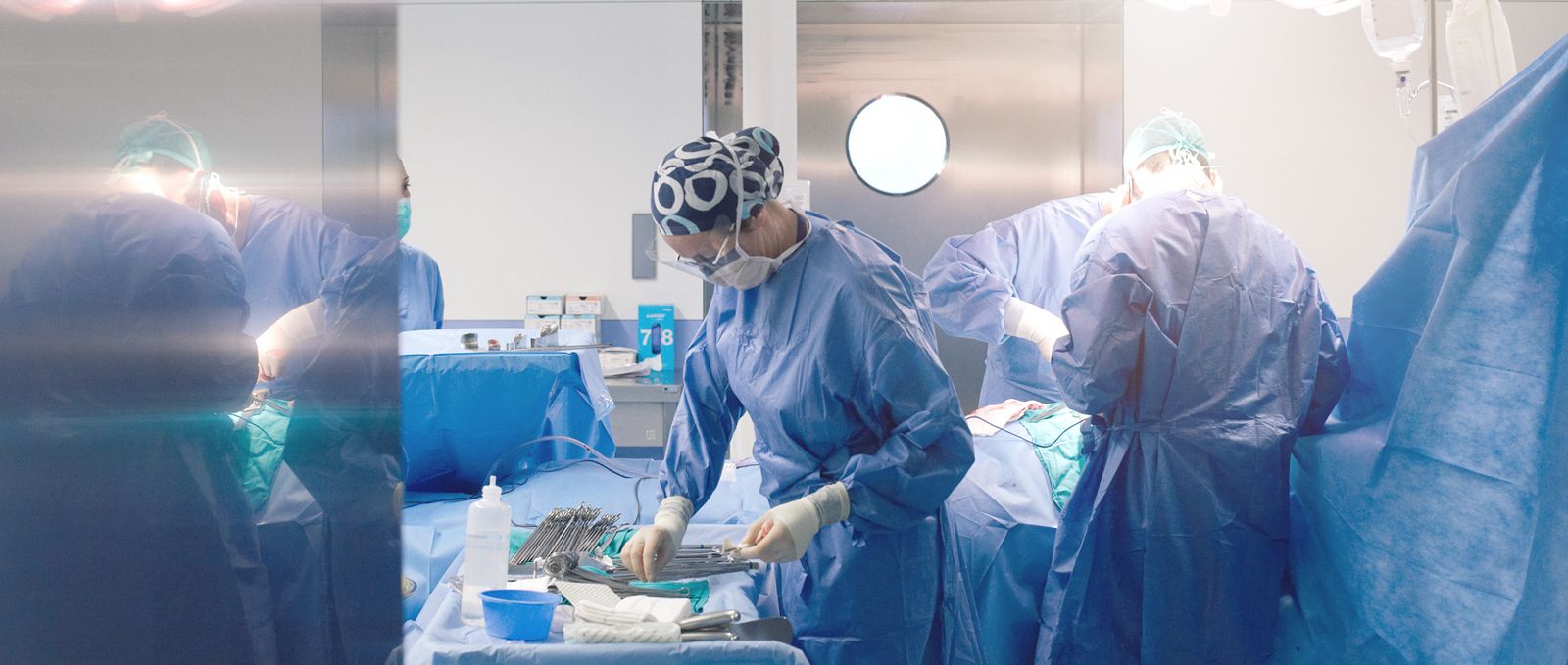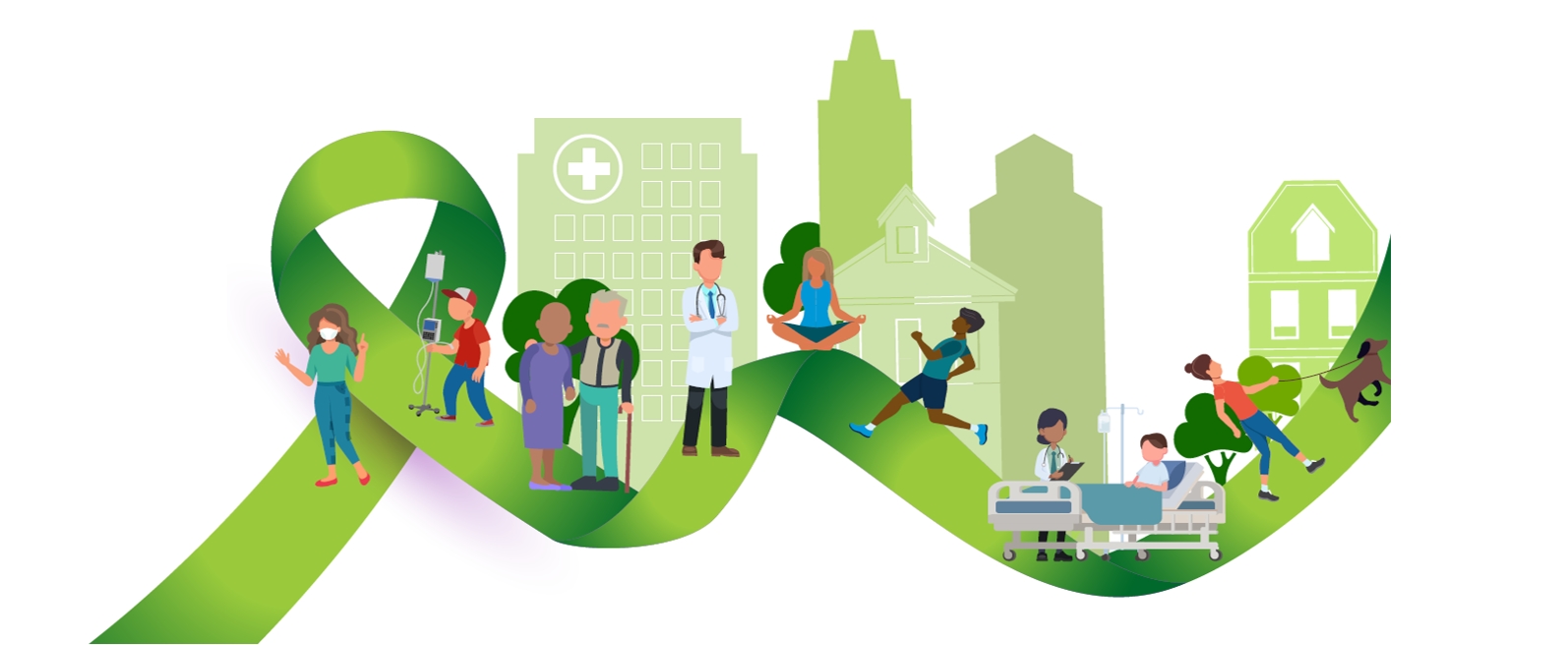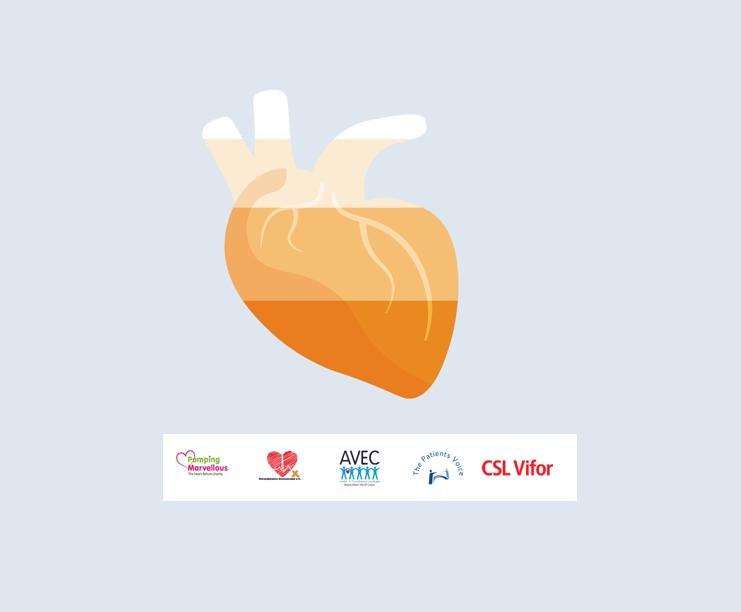How the martini-klinik achieves much better patient outcomes than the international average
What do specialization, ego, and data have to do with high-quality patient healthcare? Everything, says Detlef Loppow, CEO of the Martini-Klinik in Hamburg. Driven by our mission (“together creating meaningful impact in healthcare”), Vintura found itself at the Martini-Klinik. This is a clinic in Hamburg that specializes in prostate cancer, and which achieves much better patient outcomes than the international average through its application of Value-Based Healthcare principles. We had arranged to spend a whole day with the CEO of the Martini-Klinik in order to find out for ourselves why the Martini-Klinik achieves so much better patient outcomes in relation to prostate cancer than the German average.
On average, 57% of men in Germany who have had their prostate removed remain fully continent, while 75% are affected by serious erectile dysfunction (source: 2012 Barmer GEK Report). In the case of the Martini-Klinik, the figures are 94% and 35%, respectively. This is primarily attributable to three success factors:
- CHOOSE! Specialize in a field in which you are going to deliver the very best care for patients.
- CULTURE! Beyond egos – an environment in which improving patient outcomes is the major priority.
- DATA! Involved patients are essential for generating data.
Choose! Specialize in a field in which you are going to deliver the very best care for patients
Focus on one thing and make sure you deliver the VERY BEST care! It was with these thoughts in mind that several urologists at the University of Hamburg decided in 2004 to dedicate themselves completely to prostate cancer. That meant that they were no longer going to treat other conditions. Now, each surgeon removes at least 250 prostates every year. The result: the ultimate specialization and better patient outcomes. This is a positive circle – a specialization that leads to high quality, which leads to higher patient volumes, and that in turns leads to higher quality and fewer complications.
Culture! Beyond egos – an environment in which improving patient outcomes is the major priority
The Martini-Klinik operates on an improvement culture. Each employee is fully committed to achieving the best patient outcomes. They work in a team of dedicated healthcare professionals, where the eleven doctors (all of whom are specialists in their field) meet every week to discuss the patient outcomes for each doctor and compare their results (this is only possible if there is actually anything to compare!). If any one doctor performs above or below average, they collectively investigate why this is so. Improvement counts above personal ego. Rank and standing are subordinate to delivering the very best healthcare – if it appears that a junior surgeon achieves better patient outcomes than his senior manager, then the senior surgeon works with his younger colleague in order to learn from him or her.
Data! Involved patients are essential for generating data
What is important to patients? Martini-Klinik has set about answering this question. In many cases, it is not about medical indicators (such as infections or loss of blood), but the quality of life. For example, has the operation led to incontinence or impotence? Will the patient be able to go to the toilet without assistance days after the operation?
Patients are a very important source of quality data. Also in the long term. This means that 15,000 patients fill in a questionnaire every year. No less than 95% of the patients who are asked to do so actually complete one. How does the Martini-Klinik manage this? “We want patients to regard their visits to the Martini-Klinik as a life-changing event that they look back on in a positive light. That means they are willing to fill in the follow-up questionnaires,” says Dr Loppow. The Martini-Klinik excels not just at medical care – it has also perfected the people-oriented focus. Examples include:
- The Martini-Klinik welcomes its patients as if they are coming for a visit; upon arrival, the clinic takes the time out to make them feel at ease. The evening before the operation, patients are able to enjoy a glass of wine in the lobby. Every effort is made, then, for them to feel comfortable and ‘at home’. This is also borne out in the guestbook on the website.
- After each operation, the surgeon phones the patient’s partner in person to inform them how the procedure went.
- The surgeon also involves the doctor who made the referral, by discussing the operation method, for example.
What can we learn from the martini-klinik?
First, that you can achieve fantastic results when you dare to commit yourself to one specific clinical picture. Second, that an ‘improvement mindset’ and openly discussing individual doctor’s results ultimately makes the team better. Third, that if you treat your patients well – as people – they are willing and able to help in the process of registering patient outcomes.
For Vintura, it was an amazingly inspiring day! A challenge for everyone: who is prepared to take the lead in their organization to deliver the very best patient care? And who has the courage to put their ego to one side for the sake of their patients?
The added value of Vintura in the field of Value-Based Healthcare depends on how it is achieved in practice. We have experience of this and would like to accelerate the implementation of VBHC . We encourage the exchange of knowledge about the successful implementation of VBHC.
Authors of this article: Kees van Bemmel, Principal Consultant, Sharon Koenen and Edward Beerthuizen.



